Kinma preschool
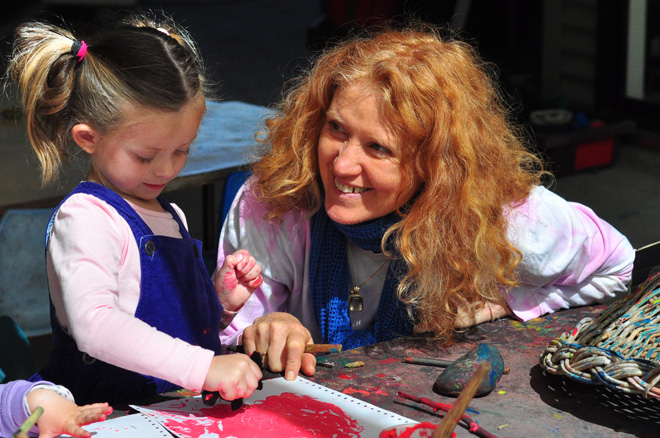
Play-based curriculum, beautiful child-centred learning environment, parent participation welcome!
In Kinma primary, the learning program covers all six key learning areas in the NSW Board of Studies primary curriculum. These include: Literacy, mathematics, Science and Technology, Human Society and its Environment, Personal Development Health and Physical Education and the creative and practical arts. This educational program is accredited by the Board of Studies.
It is also important to understand the benefits of multi-age class groups and how thematic learning is used at Kinma.
Stop by here to meet our primary teachers.
Learn about our methods for assessment and reporting.
One of the most commen FAQ's people ask is what happens when Kinma kids transition to high school.
Please understand that Kinma is a school where parents are always welcome. So stay a while or the whole day in your child’s new class to see what is happening and be part of the learning for the day.
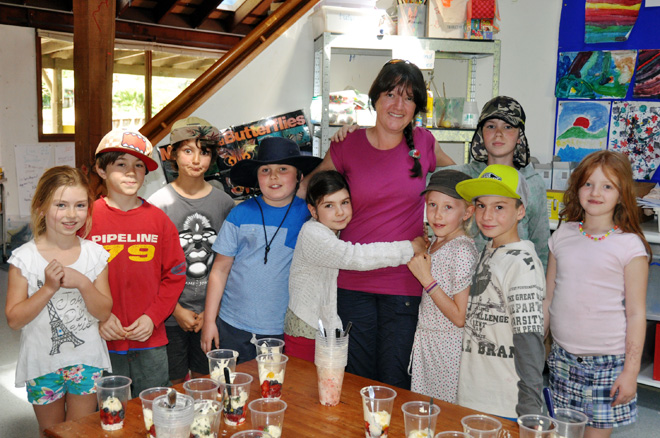
At Kinma class sizes are small, multi-aged and non-competitive. The consideration of stages, rather than ages, allows us to provide appropriate learning experiences for each child.
There is an emphasis on tolerance and effective communication. Children have the opportunity to develop self-awareness and self-discipline, taking responsibility for themselves, others and their environment.
We currently have three multi-age class groups at Kinma:
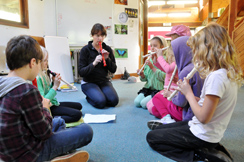
Our middle group are encouraged to be curious, creative and enquiring in their explorations.
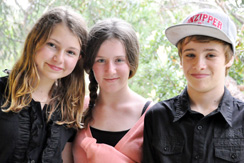
Group 3 is our oldest group and students are extended through indepth critical thinking, reflection, analysis and dialogue.
School is one of the few places in society that divides us from our peers on the basis of age. Kinma creates a more authentic and traditional social environment where classes are structured in a similar way to that of a family or workplace.
In the “community classes” children of different ages, experiences and abilities work together in small groups and engage in learning activities planned with their teacher. Learning occurs in a variety of surroundings from the whole class to small groups and individual settings. Children work with each other, developing and sharing knowledge, testing theories and reflecting on their learning. Teachers work as facilitators of this social learning process, monitoring group and individual development.
Research has highlighted the benefits for both teachers and children when learning and teaching in a multi-age classroom. These include more holistic, child-responsive curriculum practices that consider the understandings, capabilities and dispositions that children need for future work.
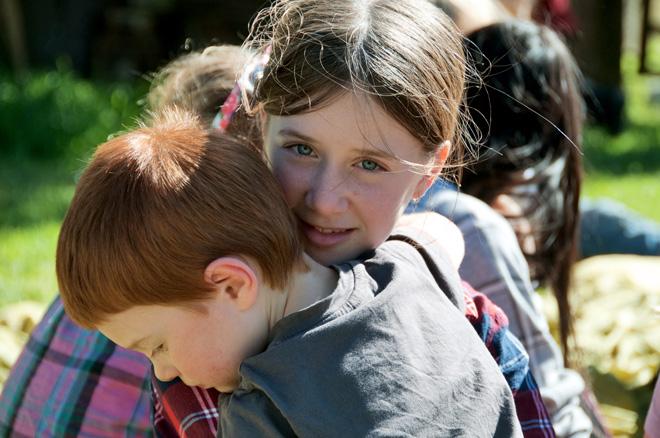
Children, teachers, parents and other partners:·
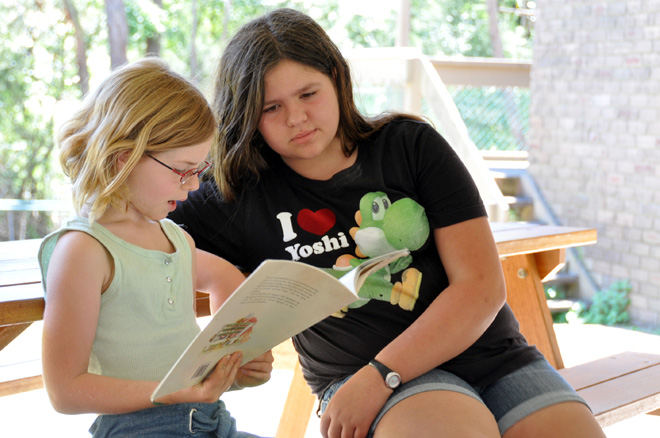
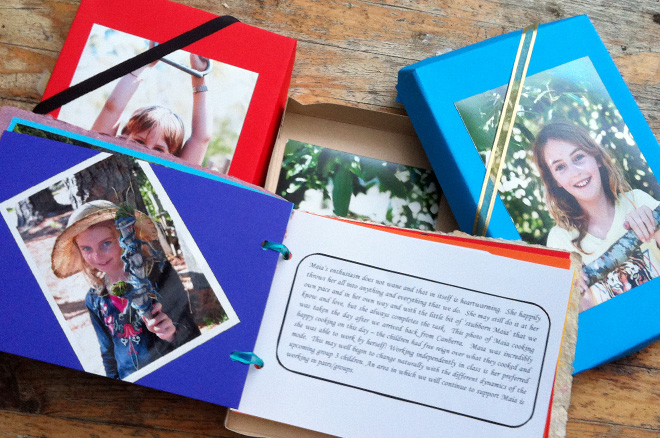
Kinma meets all the assessment requirements of the Board of Studies. At Kinma, assessment and reporting is made up of:
For more detailed information, please see the Learning, Monitoring, Assessment and Reporting policy.
"Assessment activies should:
- NSW Board of Studies, Syllabuses for the Australian Curriculum: Advice on Assessment, 2012
Kinma's children and teachers accumulate a personal profile. Records of each child's progress are kept throughout their years at Kinma. These provide a measure of continuity as a child moves through the school.
Twice a year there is a conference between an individual child's parents and the group teacher where the child's academic and personal development is discussed. Teachers prepare written evaluations of each child and parents are encouraged to comment or reply in writing on this report.
Parents are also welcome to meet with their child's teacher at any time during the year for additional discussions or support.
Kinma Primary offers an innovative learning programme that covers all six key learning areas in the NSW Board of Studies curriculum and caters equally for all aspects of development; social, emotional and academic. Kinma's learning programme is accredited by the NSW Board of Studies and has been awarded the highest level of registration possible.
We believe that children learn best in an environment where play and discovery are central. Teachers and children approach learning as a shared experience. Kinma is recognised at university level as one of the few schools in Australia practicing learner-directed education.

Class sizes are small, multi-aged and non-competitive with a high teacher-student ratio.

Our community chooses not to participate in standardised testing or graded reports. Instead, children are individually assessed on their progress and abilities.
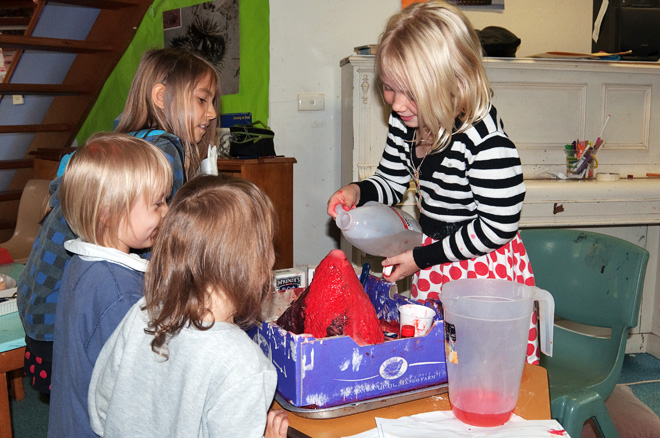
This is a way of teaching and learning, whereby many areas of the curriculum are connected together and integrated within a theme.
Kinma offers an education where each child is celebrated, and where learning is meaningful and holistic. The three R's - respect, relationships and responsiblity - are the building blocks of our educational philosophy.
Our philosophy is underpinned by a strong set of core and guiding principles, which are intrinsically practiced in everything we do.
At Kinma the education program caters equally for all aspects of development (social, emotional and academic) and covers all six key learning areas in the NSW Board of Studies primary curriculum.
These include: Literacy, Mathematics, Science and Technology, Human Society and its Environment, Personal Development Health and Physical Education and the creative and practical arts.
Our educational program is accredited by the Board of Studies.
At Kinma the education program caters equally for all aspects of development; social, emotional and academic.
Please understand that Kinma is a school where parents are always welcome. So stay a while or the whole day in your child’s new class to see what is happening and be part of the learning for the day.
Class sizes are small, and multi-age, allowing for individualised programmes; the child-centred philosophy means that teachers and children approach learning as a shared experience. The consideration of stages, rather than ages, is basic to the provision of appropriate experiences.
Academic, social and motor considerations are discussed by each child's parents, teacher and the coordinator to determine which group is the most appropriate for the child at any given time. Parents will always be involved in making decisions about movement of children between groups. However, they are asked to respect the professional opinions of the staff.
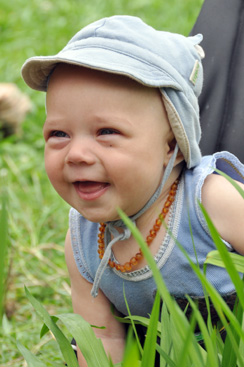 If you have young children and are interested in a connecting with like-minded parents, come and try our Playgroup.
If you have young children and are interested in a connecting with like-minded parents, come and try our Playgroup.
Playgroup operates from within the School which is set in 5 acres of beautiful bush land. We use our multi-purpose meeting space and large outdoor playground where children can play while you relax and enjoy a cuppa. Playgroup runs every Monday during term time, 9:30am-11:00am.
Visits are $5 / family to cover morning tea and supplies. There are no membership fees.There is no need to book or to commit to a full term. Simply come along on any Monday when it's on.